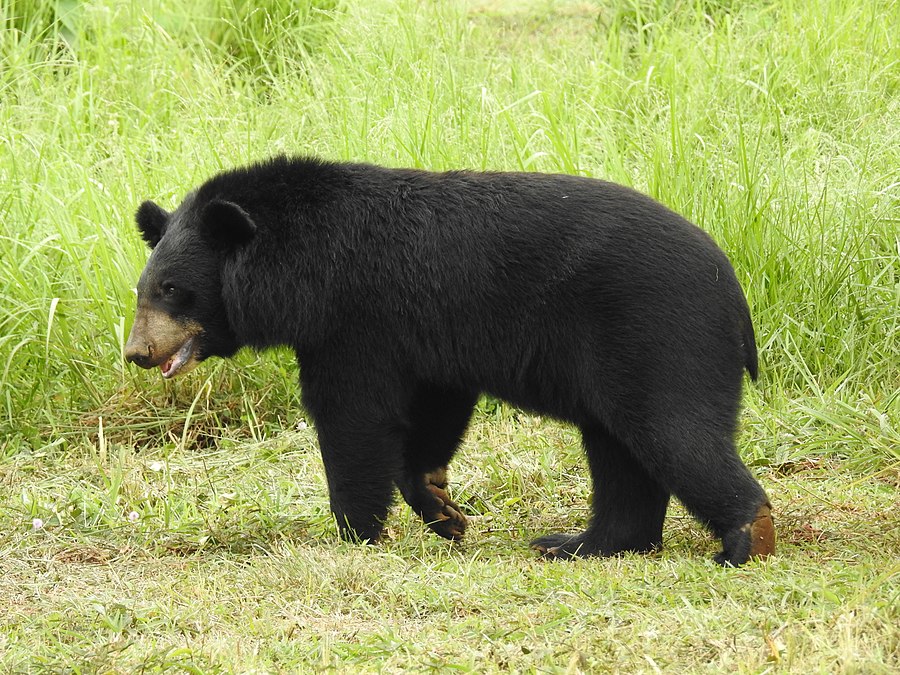Facts About Asiatic Black Bear
The Asian black bear, also known as the Asiatic black bear, moon bear, and white-chested bear, is a captivating medium-sized bear species native to Asia. These bears are highly adapted to an arboreal lifestyle, spending substantial time in trees. They inhabit a wide range of regions, including the Himalayas, the Indian subcontinent, the Korean Peninsula, northeastern China, the Russian Far East, Japan, and Taiwan. Unfortunately, they are classified as vulnerable, primarily due to deforestation and hunting for their body parts, which are used in traditional medicine.
One of the most distinctive features of the Asian black bear is its appearance. They have a black coat, a light brown muzzle, and a unique white patch on their chest. Although they are primarily herbivorous, they can be aggressive towards humans, leading to occasional conflicts. While they may resemble brown bears, they are generally more slender and have longer ears and smaller skulls. Unlike giant pandas, their jaw structure is not as specialized for consuming plants.
Asian black bears are excellent climbers, thanks to their strong upper bodies. Their diet is quite varied, including insects, fruits, nuts, and sometimes small animals. They are also known for their wide range of vocalizations and behaviors. Interestingly, some of these bears can walk upright on their hind legs for long distances.
Taxonomically, Asian black bears are closely related to American black bears and share a common ancestor. There are several subspecies of Asian black bears, and they have even been known to hybridize with other bear species. However, they face significant threats such as habitat loss, poaching, and human-wildlife conflicts. Fortunately, conservation efforts are underway in various countries to help protect these bears.
In folklore and literature, Asian black bears hold a special place in various cultures. They are often associated with mountain spirits and are considered sacred in some traditions. Historically, they have been hunted for sport and for their fur, bile, and meat. Today, many countries have implemented legal protections to safeguard Asian black bear populations. Despite these efforts, bears can still be aggressive towards humans, especially when encounters happen unexpectedly or in close quarters, leading to occasional attacks.

 Ukraine
Ukraine